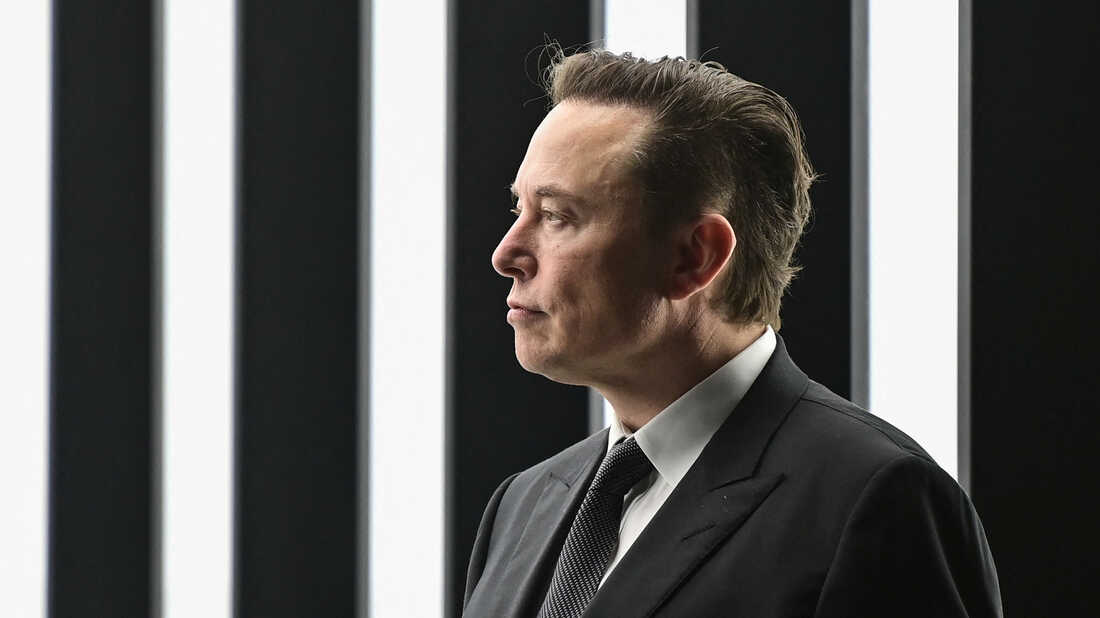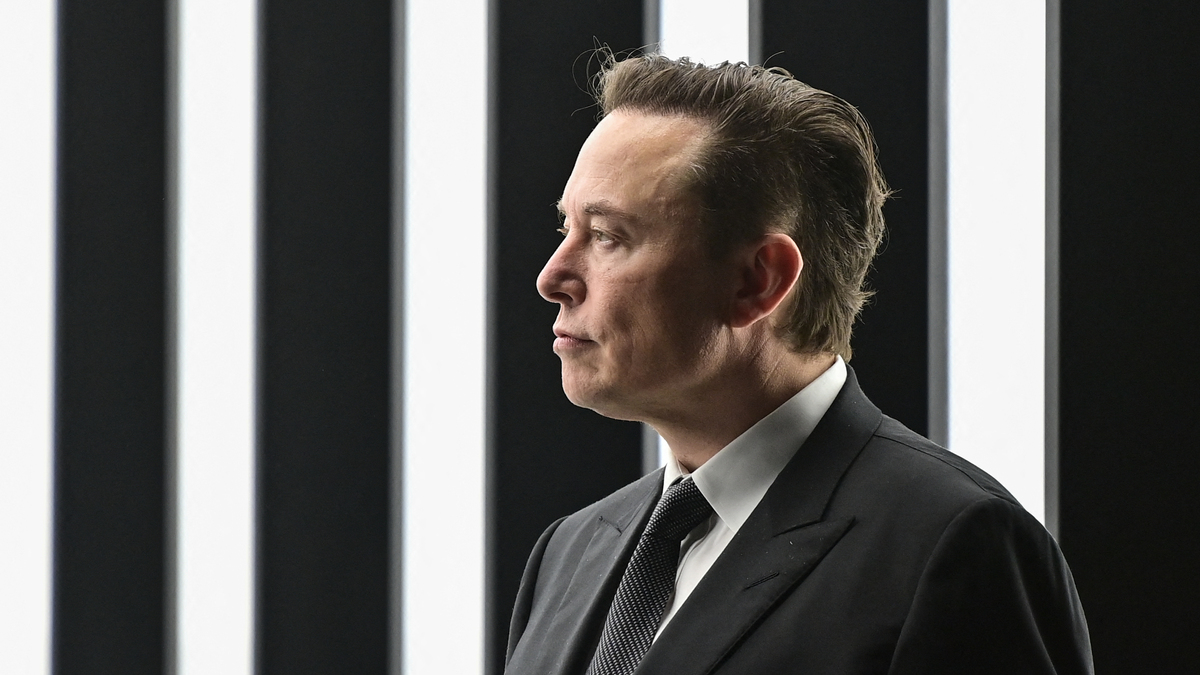
Tesla CEO Elon Musk is pictured as he attends the start of the production at Tesla's "Gigafactory" on March 22, 2022 in Gruenheide, southeast of Berlin. Patrick Pleul/POOL/AFP via Getty Images hide caption

Tesla CEO Elon Musk is pictured as he attends the start of the production at Tesla's "Gigafactory" on March 22, 2022 in Gruenheide, southeast of Berlin.
Patrick Pleul/POOL/AFP via Getty ImagesElon Musk wants to buy Twitter. His vision of the future may not pan out for the platform, but that vision represents what historian Jill Lepore calls 'extreme capitalism.'
Lepore, a Harvard professor and New Yorker writer, is host of the podcast The Evening Rocket, where she examines what she calls Musk's extravagant, "extreme" capitalism — where stock prices are driven by earnings, and also by fantasies.
NPR's Bobby Allyn also explains Twitter's effort to prevent Musk from gaining control of the company.
Email us at
This episode was produced by Mallory YU and Brent Baughman. It was edited by Sarah Handel, Uri Berliner, and Ashley Brown. Our executive producer is Cara Tallo.

 Live Radio
Live Radio